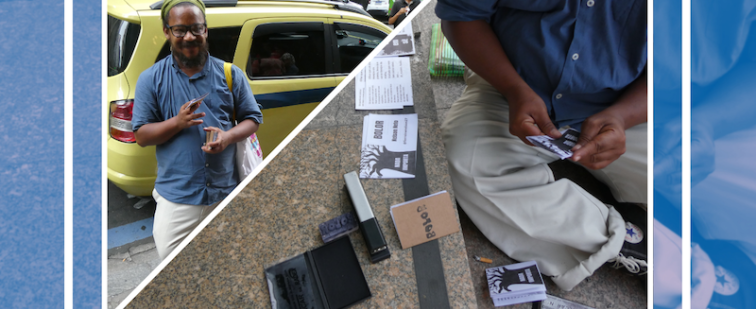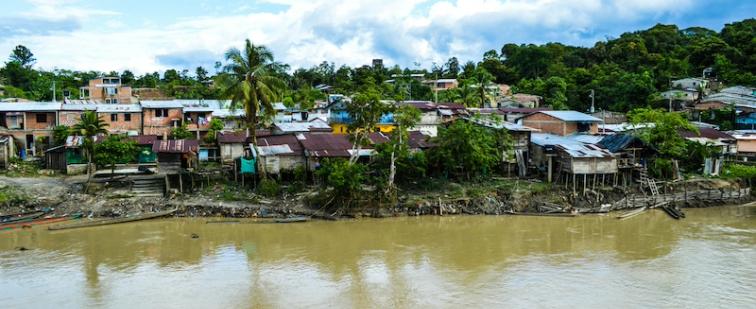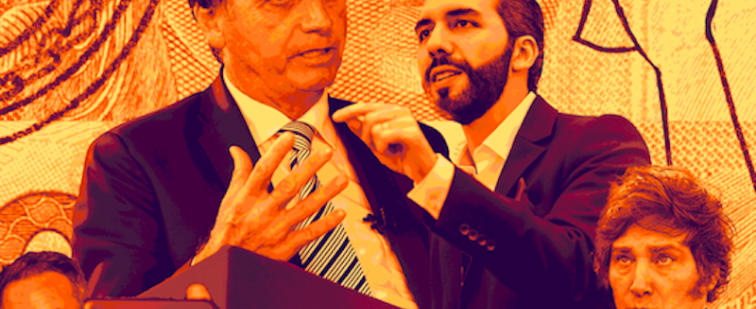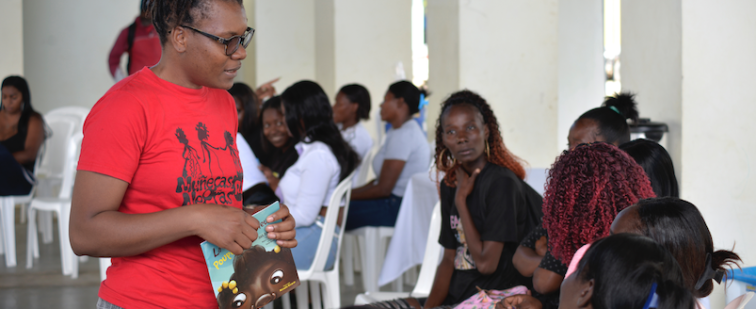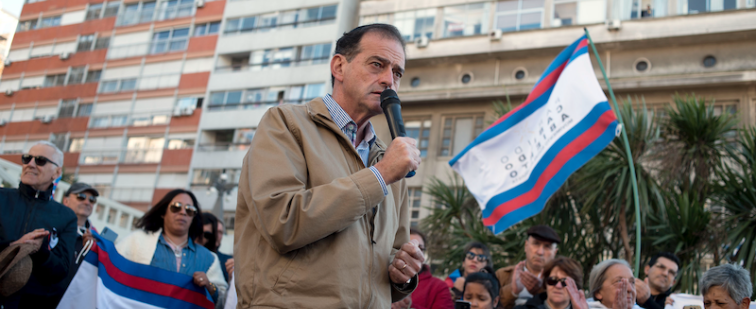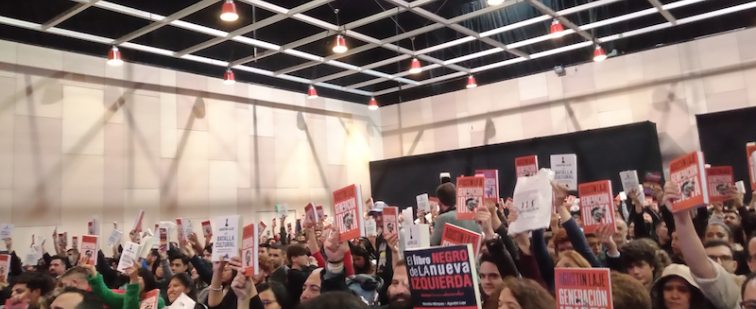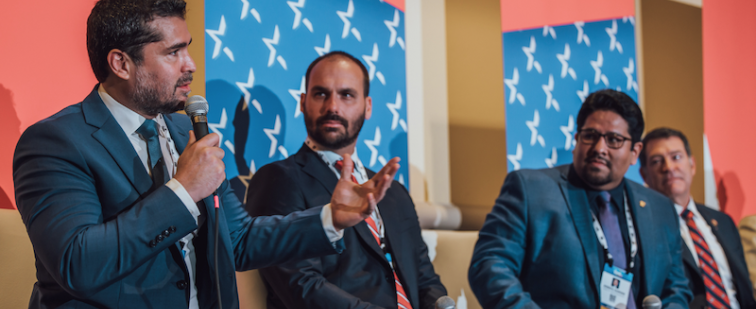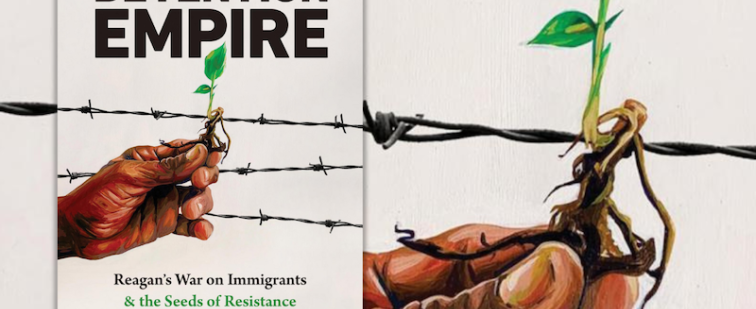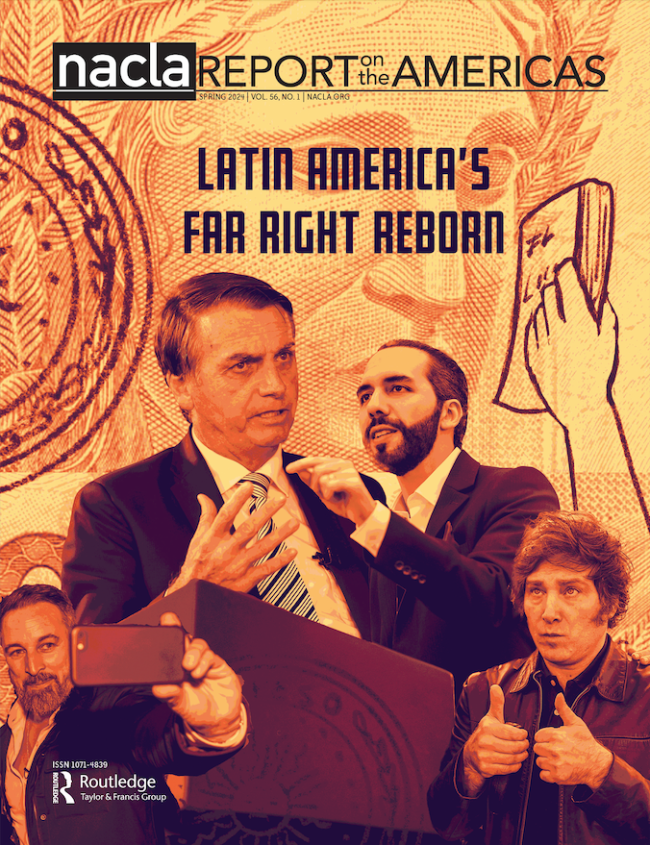Home
The “rural city” of Nuevo Juan de Grijalva is part of a government project which claims that it will reduce poverty in the Mexican state of Chiapas by relocating impoverished rural communities into centralized cities built by the state government. However following an orthodox free market economic model promoted by the Mexican state under the Plan Puebla Panama, the Sustainable Rural Cities Project imposes a monoculture, agro-export model that undercuts the subsistence farming practiced by most of its residents. As farmers can no longer cultivate their land, unemployment has risen, and the costs of basic services have quadrupled since its 2008 inception, there has been a significant and building local resistance to the project.
Ramiro Choc, a Q’eqchi’ community leader, has been fighting for indigenous people’s land rights in Guatemala’s volatile departments of Alta Verapaz and Izabal since the 1990s. These are the so-called "crimes" that led to his six year prison sentence starting in 2008. His story illustrates both the tension and boisterous mobilization of the people around land and natural resource issues in this area of Guatemala. To this mobilization, the Guatemalan government is responding by criminalizing peasant leaders, militarizing regions slated for development projects, and using environmental “protected areas” to exclude indigenous people. This combination of ingredients has become the core of Guatemala’s new civil conflict.
While the presidential candidacy of rapper/entertainer Wyclef Jean in Haiti’s upcoming elections has garnered much international attention, underneath the glare of this hype are the continued assaults on the country’s democratic process. Much is at stake in this key election, scheduled for November 28. The winner will be responsible for the colossal task of rebuilding the nation’s shattered infrastructure and psyche after the January 12 earthquake. Jean’s glitz and glamour may have stolen international headlines (despite Haiti’s August 20 ruling denying him the candidacy), however, the real story is that the country’s strongest and most popular political force will again be excluded from these elections.
The August 1 deployment of 1200 National Guard troops to the U.S.-Mexican border further ignites skepticism about the Obama administration's stated claim that there would be a shift away from militarization in the U.S. anti-narcotic strategy. While in March Washington stressed that new strategies were needed to fight drug trafficking, which would include expanding our border focus beyond interdiction of contraband to include "building stronger communities," troops are lining up on the U.S.-Mexican border once again, and U.S. aid under the Merida Initiative continues to flow to Mexico for seemingly the same-old militarized approach.
Following the hype of being deemed as one of the world's "fastest growing and most important energy development stories," Colombia put 168 oil and gas concession blocks on auction in June to foreign and national exploration and production companies. The Canadian energy corporations that led the charge to gobble up these concessions now stand to have preferential treatment in Colombia. The Canada-Colombia Free Trade Agreement, signed into law in Canada in June, now only awaits Colombia finalization to go into effect.
On July 29, a federal judge issued a partial injunction stopping four of the most egregious provisions of Arizona's controversial new immigration law, SB-1070. However, that same day Arizona sheriff Joe Arpaio quickly responded by saying "It doesn't matter what the ruling is by the federal judge," and along with a 200-strong posse swept into an immigrant community with the intent of arresting undocumented people. But while Arpaio’s customary bravado underscores the vigilante attitude running rampant in Arizona, what he doesn’t say is that he’s authorized to do his immigration sweeps not under Arizona state legislation, but federal law.
There is a direct correlation between the more than $5 billion in military assistance the United States has given Colombia since 1999 and a dramatic spike of extrajudicial killings in the country, according to a report released on July 29 by the Fellowship on Reconciliation and the U.S. Office on Colombia. This not only flies in the face of U.S. officials who claim that Plan Colombia has been a complete success, but also the Leahy Law, a U.S. law that forbids providing funding to military units that are treated with impunity after committing abuses. The report states: “Our analysis strongly suggests that implementation of Leahy Law in Colombia requires suspension of assistance to nearly all Army fixed brigades and many mobile brigades."
Even though a federal judge blocked key controversial provisions of Arizona's new immigration legislation, one of the harshest anti-immigrant laws ever passed in the United States still went into effect on July 29 in that state. This law, however, didn't come out of thin air. The "zero tolerance" logic behind the law mimics what has already been established by the federal government. Indeed, the confluence of these immigration, military, border, and economic policies in Arizona has not only made it the country’s primary laboratory for draconian immigration policies, but also connects the U.S. border zone to a broader international context of “global apartheid.”
This article originally appeared in the July/August 2010 edition of NACLA Report on the Americas.
The year 2009 was arguably the worst year of economic downturn in Mexico since the onset of the Great Depression of the 1930s. Mexico's GDP fell by an estimated 6.5% last year, an economic collapse that was consistently downplayed by the country's political and economic elite. When Mexican President Felipe Calderón asserts, as he often does, that this crisis was caused by “external” forces and factors, he is dead wrong: As the great recession of 2009 showed so clearly, Mexico has become an appendage of the U.S. economy.
This article originally appeared in the July/August 2010 edition of NACLA Report on the Americas.
On July 1 the Peruvian government notified Father Paul Mc Auley, an environmental activist in the northern Amazon region, that it was rescinding his residency in the country. The order to expel the British priest comes on the heels of his efforts to ensure accountability for the massive June 19 oil spill of PlusPetrol, an Argentine oil company with a safety record equal to that of British Petroleum. This further indicates an unofficial governmental policy in Peru to stifle voices that highlight the social and environmental costs of the country’s resource development agenda.


